The purchasing managers' index (PMI) for China's manufacturing industry, which gauges activity in the sector, rose to 50.1 in October, marking a return to expansion territory from 49.8 in September, aided by the introduction and implementation of a series of incremental pro-growth policies to jumpstart the economy, the National Bureau of Statistics (NBS) said on Thursday.
A reading above 50 indicates an expansion in manufacturing activity, while a number below 50 signals a contraction.
Manufacturing PMI has rebounded for two consecutive months, while key indicators showed steady improvement, which has bolstered market expectations.
The sub-index for production and business expectations stood at 54.0, an increase of 2.0 percentage points over September and remaining at a high level in the past four months, which indicated that business confidence has ratcheted up as the positive factors driving the economic upturn increase cumulatively, said Zhao Qinghe, an NBS statistician.
Manufacturing production continued to gain pace, with the production index reaching 52.0, a 0.8 percentage point rise from September while the new orders index climbed back to expansion territory to reach 50.0.
The non-manufacturing PMI as well as the composite PMI in October also rebounded above the 50-mark, with the non-manufacturing PMI reaching 50.2 and the composite PMI standing at 50.8, the NBS data showed.
The National Development and Reform Commission (NDRC), China's top economic planner, vowed earlier in October that it will ramp up efforts to introduce a package of incremental pro-growth policies, including an emphasis on scaling up macro counter-cyclical adjustment measures, boosting domestic consumption, and shoring up the capital market - among others - as part of the concerted efforts to promote economic growth.









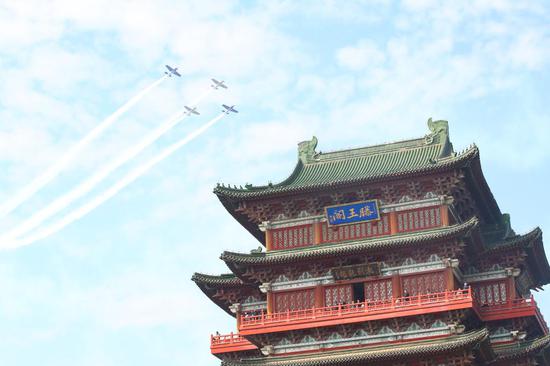
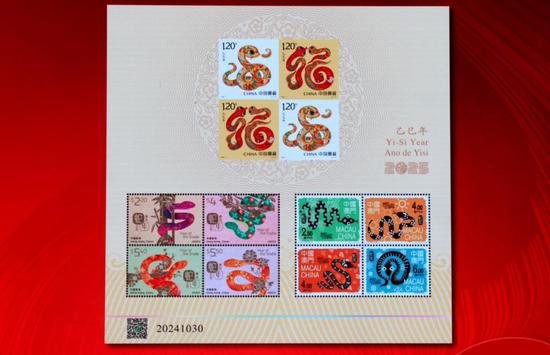

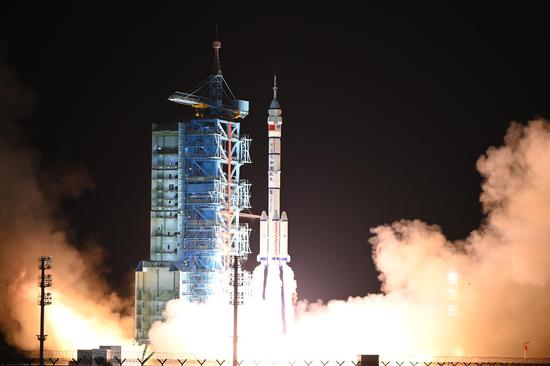
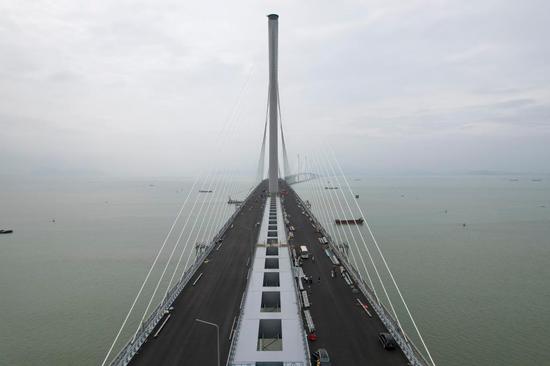
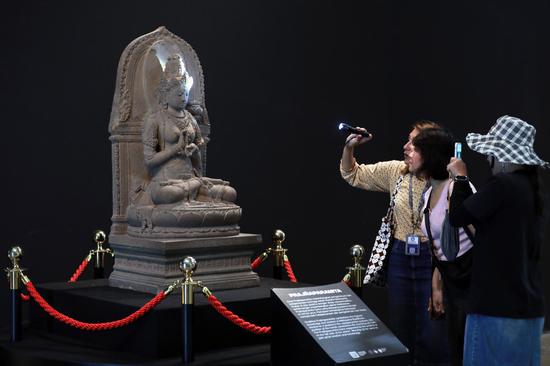

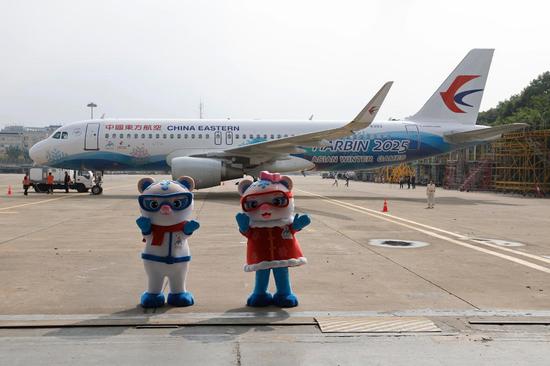
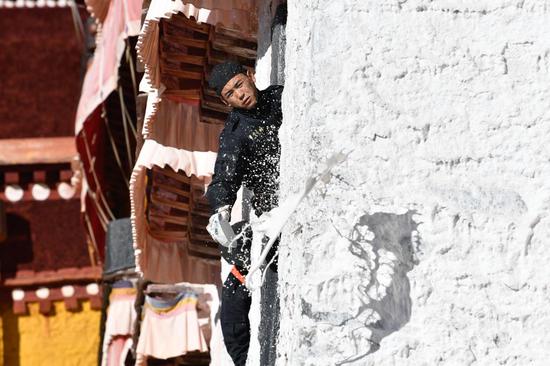



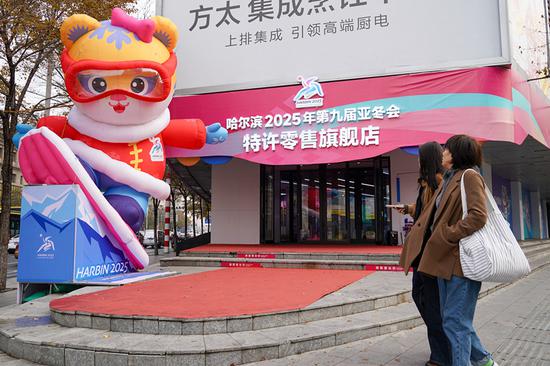
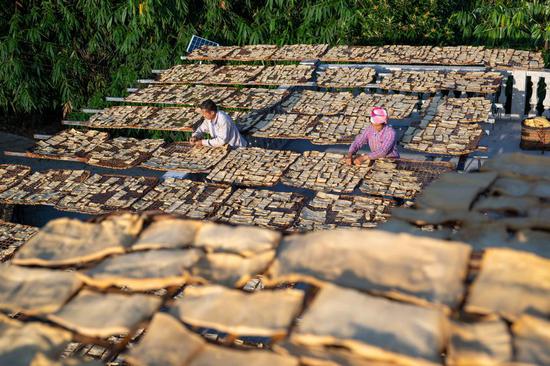


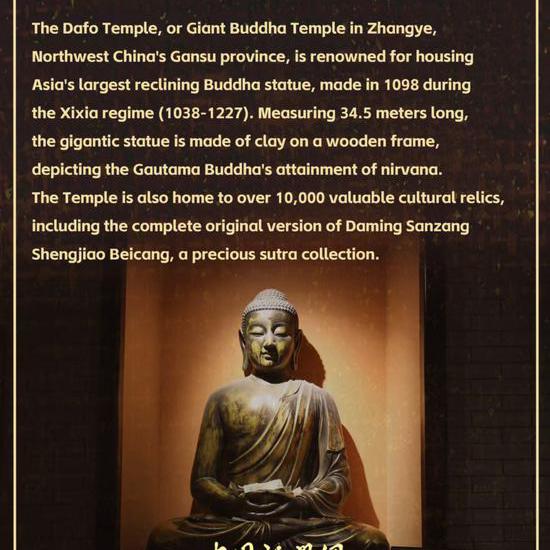
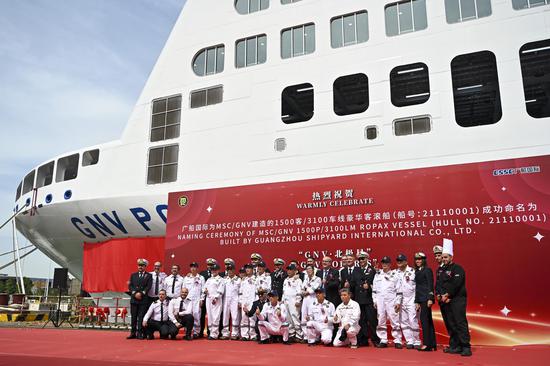

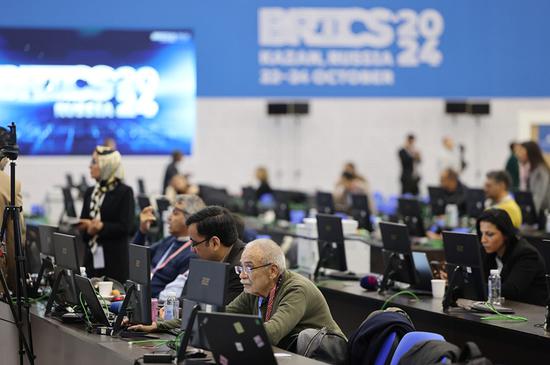
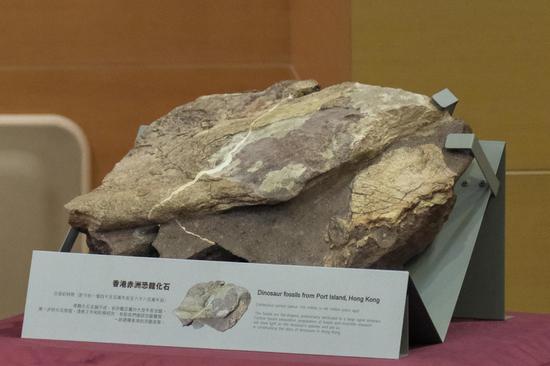
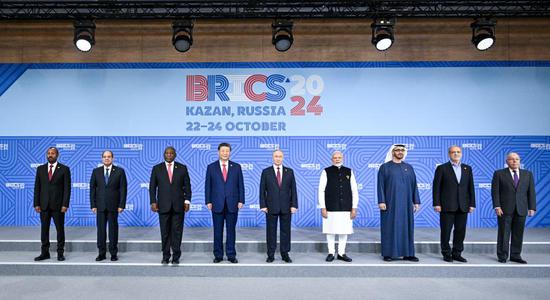



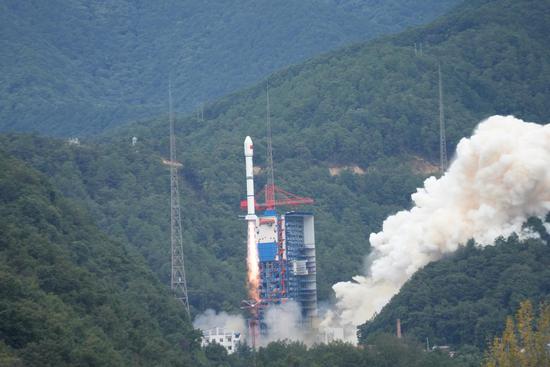


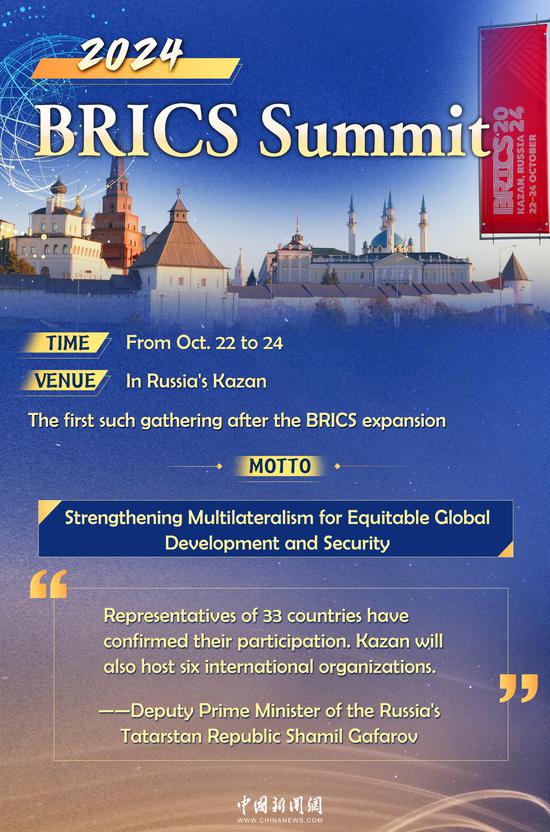

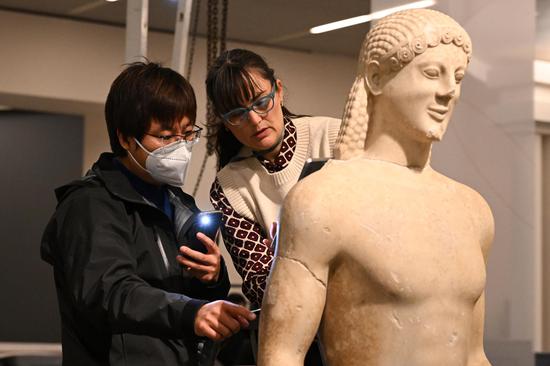
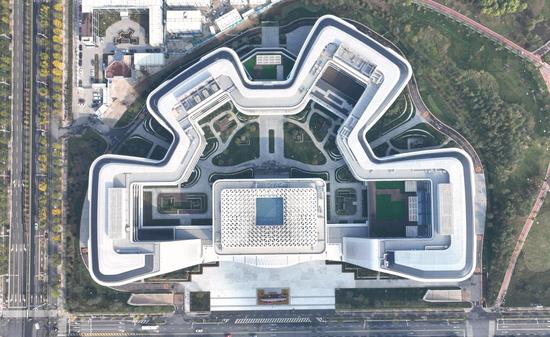
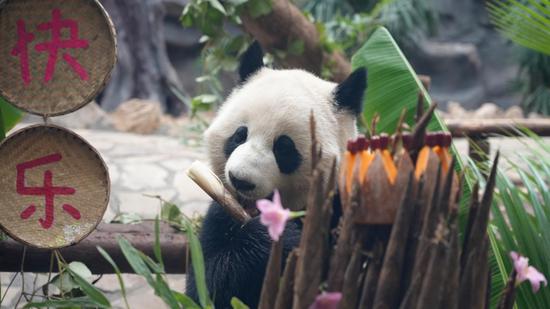
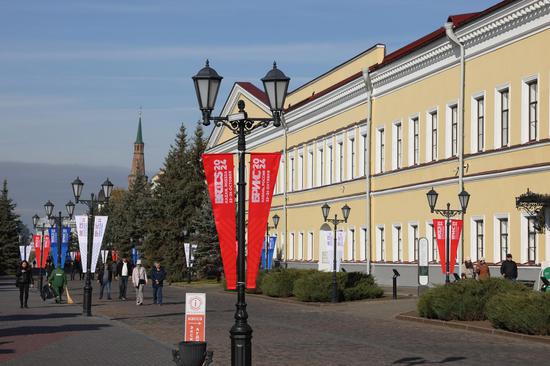

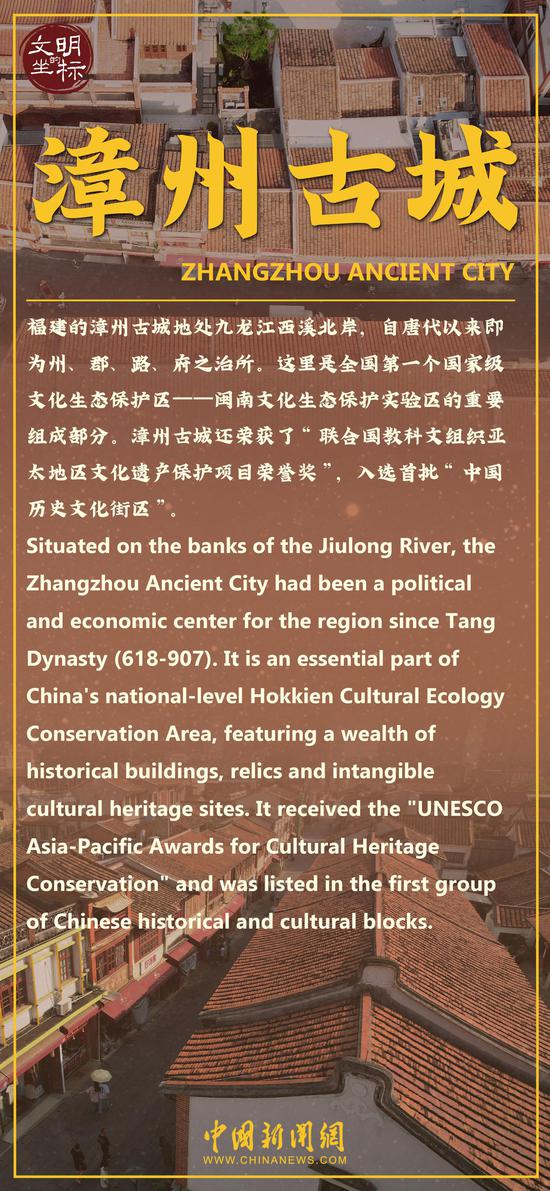



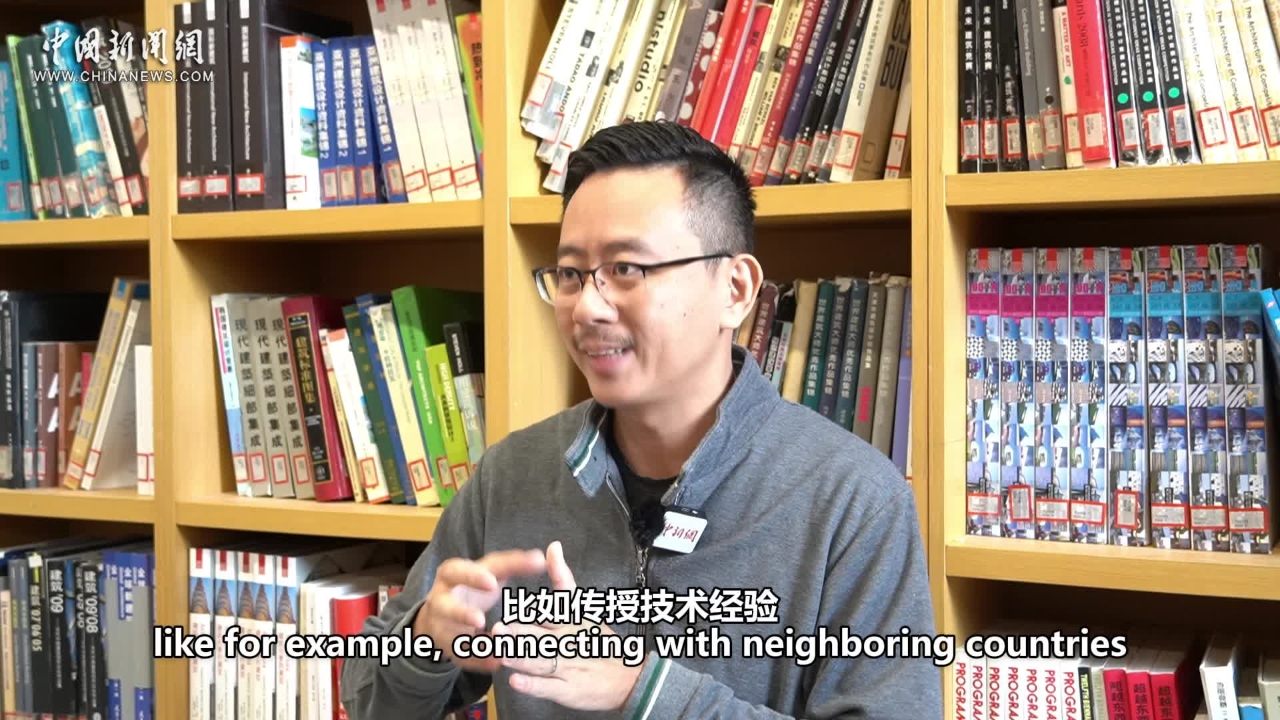

 京公网安备 11010202009201号
京公网安备 11010202009201号